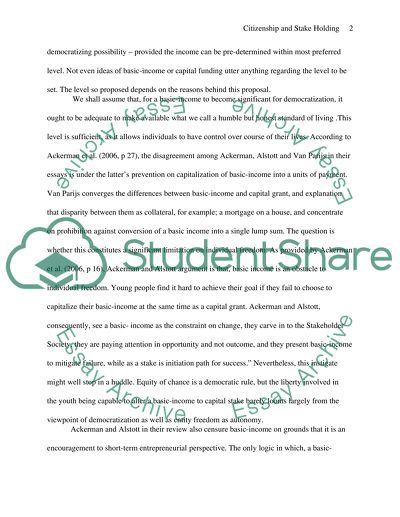Cite this document
(“CONTEMPORARY CASES IN PUBLIC POLICY Essay Example | Topics and Well Written Essays - 1500 words - 1”, n.d.)
Retrieved from https://studentshare.org/social-science/1646413-contemporary-cases-in-public-policy
Retrieved from https://studentshare.org/social-science/1646413-contemporary-cases-in-public-policy
(CONTEMPORARY CASES IN PUBLIC POLICY Essay Example | Topics and Well Written Essays - 1500 Words - 1)
https://studentshare.org/social-science/1646413-contemporary-cases-in-public-policy.
https://studentshare.org/social-science/1646413-contemporary-cases-in-public-policy.
“CONTEMPORARY CASES IN PUBLIC POLICY Essay Example | Topics and Well Written Essays - 1500 Words - 1”, n.d. https://studentshare.org/social-science/1646413-contemporary-cases-in-public-policy.


